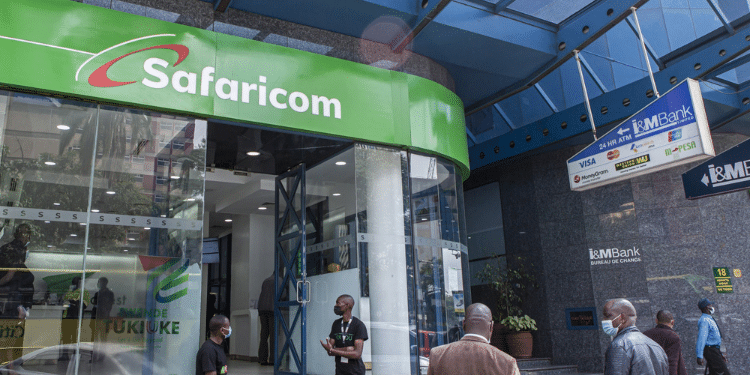In a significant move, Jumia Group, the leading e-commerce platform in Africa, has announced plans to cease operations in South Africa and Tunisia by the end of 2024.
The decision was primarily driven by the challenging macroeconomic conditions prevailing in these regions, along with intense competition and limited growth prospects.
Focus on Core Markets
The South African market, where Jumia operates under the Zando brand, and Tunisia together represent a relatively small portion of the company’s overall order volume and Gross Merchandise Value (GMV).
By exiting these markets, Jumia aims to reallocate its resources to its remaining nine markets, including Egypt, Kenya, Morocco, and Nigeria.
These markets are demonstrating more promising trends in terms of scale and profitability. Jumia has quickly become a dominant player in the e-commerce market across Africa, with its presence growing in countries such as Nigeria, Uganda, and even Morocco through Jumia Maroc.
As a leading platform, Jumia Technologies has garnered significant attention from investors, particularly as Jumia stock continues to fluctuate in the market.
READ ALSO:
Copia Kenya Enters Administration Despite Raising $123 Million in Previous Funding Rounds
For those keen on tracking Jumia stock price, there are various resources available, including the Jumia stock forum, where investors exchange insights and analysis.
Navigating a Challenging Landscape
The decision to exit South Africa and Tunisia reflects the ongoing challenges faced by e-commerce companies in emerging markets. Economic instability, infrastructure limitations, and intense competition can make it difficult to achieve sustainable growth.
Jumia’s strategic retreat allows the company to focus on markets where it can capitalise on favourable conditions and maximise its potential.
A Strategic Move for the Future
While the exit from South Africa and Tunisia may seem like a setback, it is a strategic decision that positions Jumia for long-term success. By concentrating its efforts on markets with stronger growth prospects, the company can optimise its resources, enhance operational efficiency, and improve its overall financial performance.
Impact on Jobs and Operations
The closures will result in approximately 110 job losses, although the company has indicated that some employees may be redeployed within the organisation.
This announcement follows recent cost-cutting measures implemented by Jumia, including reductions in headcount and the exit from non-core services such as grocery delivery and food delivery.
A Focus on Core Business
Jumia’s strategic decision to streamline its operations reflects its commitment to achieving profitability in a highly competitive e-commerce landscape. By concentrating on its core business, the company aims to capitalise on growth opportunities and enhance its market position.
Adapting to the E-commerce Landscape
The e-commerce industry is constantly evolving, and Jumia is actively adapting to these changes. By carefully evaluating its operations and making strategic decisions, the company is positioning itself for long-term success in the African market.
READ ALSO:
Grid Africa Lands R50 Million Investment to Expand Solar Power Initiatives
The Road Ahead
Recent Jumia news highlights its efforts to optimise its resources, enhance operational efficiency, and improve its overall financial performance. Whether you’re following Jumia Technologies news in Nigeria or Jumia Uganda, it’s clear that the company’s growth trajectory is one to watch closely.
As Jumia continues to navigate the challenges and opportunities presented by the e-commerce landscape, it remains to be seen how these recent changes will impact the company’s overall performance. However, the focus on core business and cost-cutting measures could set the stage for future growth and profitability.







Leave a Reply